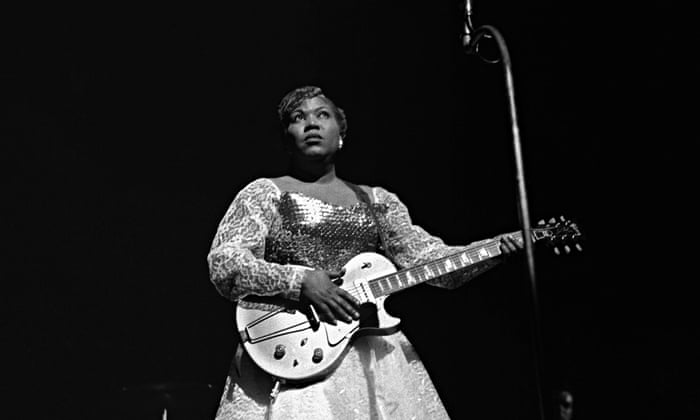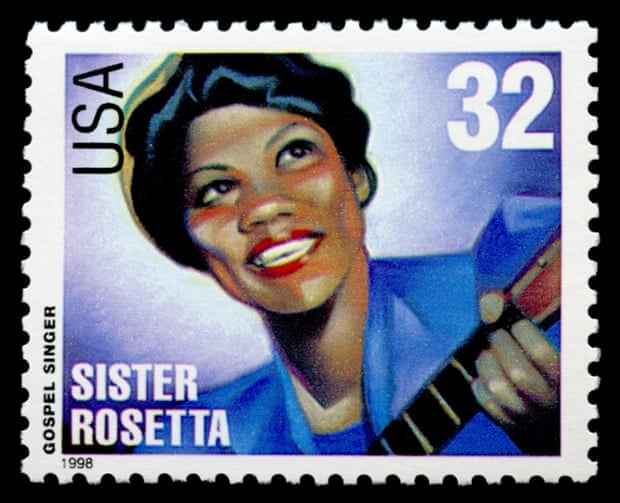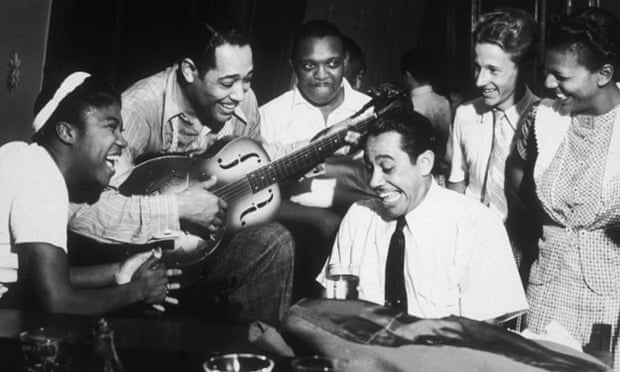WASHINGTON — THE co-creator of “Homeland” on Showtime revealed recently that when the new season starts, Claire Danes’s Carrie Mathison will no longer work at the C.I.A.
Her real-life counterparts can’t wait for her to clean out her desk.
The C.I.A. sisterhood is fed up with the flock of fictional C.I.A. women in movies and on TV who guzzle alcohol as they bed hop and drone drop, acting crazed and emotional, sleeping with terrorists and seducing assets.
“The problem is that they portray most women in such a one-dimensional way; whatever the character flaw is, that’s all they are,” said Gina Bennett, a slender, thoughtful mother of five who has been an analyst in the Counterterrorism Center over the course of 25 years and who first began sounding the alarm about Osama bin Laden back in 1993.
“It can leave a very distinct understanding of women at the agency — how we function, how we relate to men, how we engage in national security — that is pretty off,” Bennett said. She was sitting in a conference room at Langley decorated with photos of a memorial for the seven C.I.A. officers — including Bennett’s close friend Jennifer Matthews — who were blown up in 2009 by a Jordanian double agent in Khost, Afghanistan.
Photo
Agreed Sandra Grimes, a perky 69-year-old blonde who helped unmask her C.I.A. colleague Aldrich Ames as a double agent for the Russians after noticing that he had traded up from a battered Volvo to a Jaguar: “I wish they wouldn’t use centerfold models in tight clothes. We don’t look that way. And we don’t act that way.”
Indeed, when I ask Bennett if she is wearing a Tory Burch dress, she replies, “I couldn’t afford anything like that. It’s probably Burlington Coat Factory.”
I talked to several current and former women at the C.I.A. at the request of the usually close-lipped agency, which wants to show a stable side missing from portrayals like the one in the new NBC drama “State of Affairs.” In the premiere, Katherine Heigl’s C.I.A. analyst gets wasted on shots, picks up a stranger and upbraids her shrink for being “judge-y” — all before briefing the woman president. The women I spoke with agreed that the “honey pot” image of C.I.A. women using sex to get secrets, as Carrie did in “Homeland,” was Hollywood sensationalism.
“Let’s not kid ourselves,” said a retired covert officer named Meredith, one of the first women to spy in hot spots around the globe. “For me, working in the Middle East, there’s a lot of attraction for Middle Eastern men for Western women. I don’t mean necessarily sexually, although they may be thinking that. But curiosity, if nothing else. And we certainly have played that.” With sex, she said, “you need to remove that off the table very quickly and clearly. Sometimes it’s ‘Get your hands off my knee or I’m going to break it,’ or you put as many people into the room as you can.”
Bennett said that women are good puzzle solvers. “Women don’t think more intuitively than men, but we tend to trust our own gut less,” she said. “We are not going to put all our money in one basket.”
Their struggle to juggle personal and professional can get intense.
“I briefed Condoleezza Rice while in labor,” Bennett recalled. “I’d tell her about the global jihad and then I would turn away and breathe. When these two worlds clash, they clash really hard.”
Meredith recounted a coup in Africa where she got stuck at an embassy while her three kids were trapped at home alone.
Lyssa Asbill, 38, an analyst now working in the public affairs office, had her first date with her future husband the same day she took her first polygraph exam. She was so jumpy, she thought he would never call her again.
Kali Caldwell, 34, a chic analyst now working with Asbill, said she recruited her mom to help her banker husband take care of their young daughter when she flew off on assignment. She recalled getting 48 hours’ notice to go give a terrorism briefing to the military brass of a nation where women are second-class citizens. “Imagine their shock when they got this huge C.I.A. briefing from this little African-American woman,” she said.
FOR Bennett, 9/11 “lasted 10 years.” She said that when you are holed up in a windowless office for days at a time trying to unravel and stop a terrorist plot, “to turn and be present and compassionate and patient with a spouse and children is very hard and does take a toll. And I’m not brilliant at it.” Tracking the virulent march of the Islamic State, she said, “it’s hard to turn around and then care, honestly, about some of the minor things that are everything in your teenager’s mind.
“I deal with people who are trying to kill lots of people in horrendous, painful ways. So I have a wall; it’s really tall. Unfortunately, though, what happens with time is you can’t click it on or off. You just block the sensation of feeling.
“I’m no longer married because of my wall. So I have five kids whose parents aren’t together because I constructed that wall over time and didn’t know how to get through it.”
Carrie Mathison is so strung out that she contemplates drowning her baby daughter. But Caldwell said that when she was in the counterterrorism unit, looking at graphic images of children being killed, she would decompress on the way home by calling her mom and stopping to shop or eat sushi.
There has been progress made since the macho days when women were labeled “a bad investment” because they could get pregnant. There’s a day care center at Langley now and flex time and the agency recently recruited at a Miami L.G.B.T. conference. Bennett said C.I.A. moms might look forward to overseas trips — “I took to calling Kabul ‘spa-bul,’ ” she said, but there was criticism.
“The truth is, when a man takes an overseas assignment and leaves his family, including his children, it’s seen as more normal than when a woman does that same thing,” Caldwell said.
Matthews was excoriated by her uncle, who had done covert work for the agency, for leaving her three young kids in Virginia with her husband to be chief of the C.I.A. base in Khost. It is a sore point for the Band of Sisters, as the women who hunted Osama were called, that in “Zero Dark Thirty,” Matthews’s character acted giddy. As in life, she baked a birthday cake for the Jordanian, who turned out to have explosives strapped to his body. Her friends say it was a distorted picture.
Bennett, who bonded with Matthews when they were both pregnant and throwing up in the bathroom together, said the Band of Sisters had a favorite crime fighter: Elastigirl from “The Incredibles.”
When the topic of settling down comes up, Elastigirl exclaims: “I’m at the top of my game. I’m right up there with the big dogs. Girls, c’mon. Leave the saving the world to men? I don’t think so.”
“The entire concept for her was flexibility; she became a mom and a superhero at the same time,” Bennett said. “Just think of us as a work force of Elastigirls.”









Larry Brothers
4 days ago"...said Gina Bennett. a slender, thoughtful mother of five, who has been an analyst..."How about "...said CIA Director John Brennan, a...
Arkymark
4 days agoI think pretty much the way every other group of people is portrayed on tv is right on the money.
kbo
4 days ago“The problem is that they portray most women in such a one-dimensional way; whatever the character flaw is, that’s all they are,” said Gina...